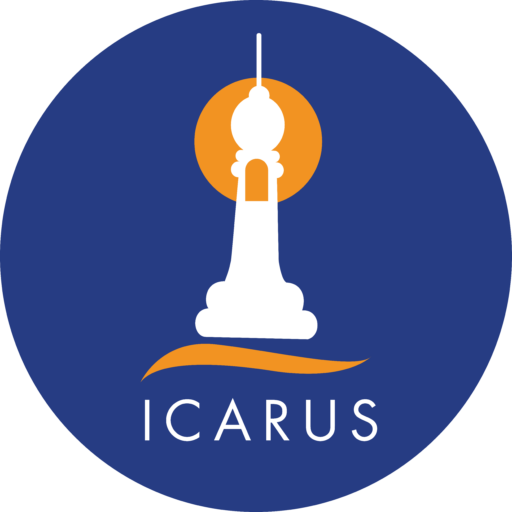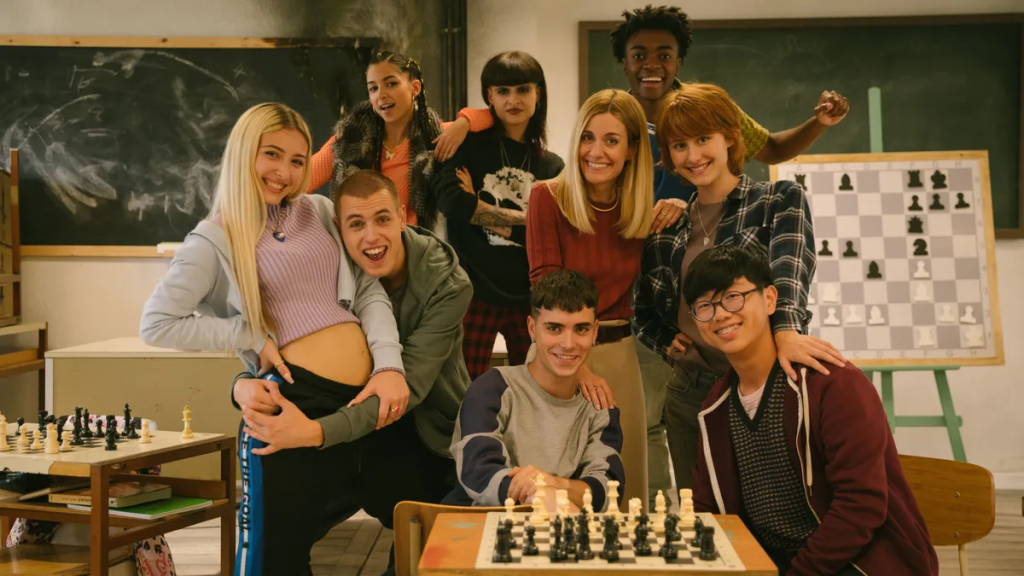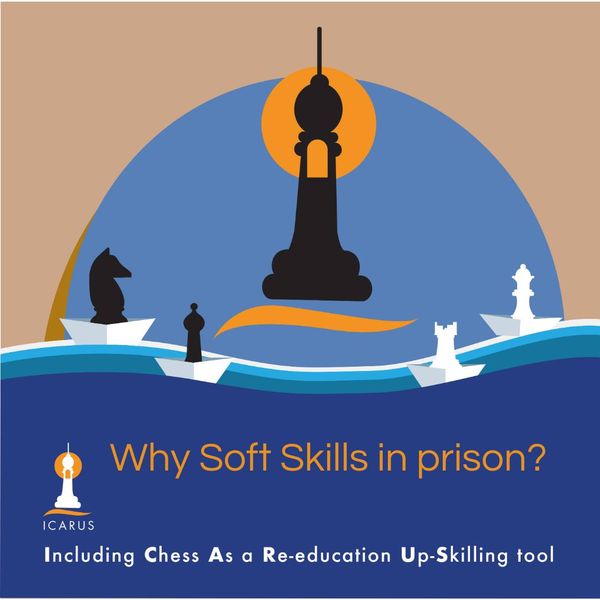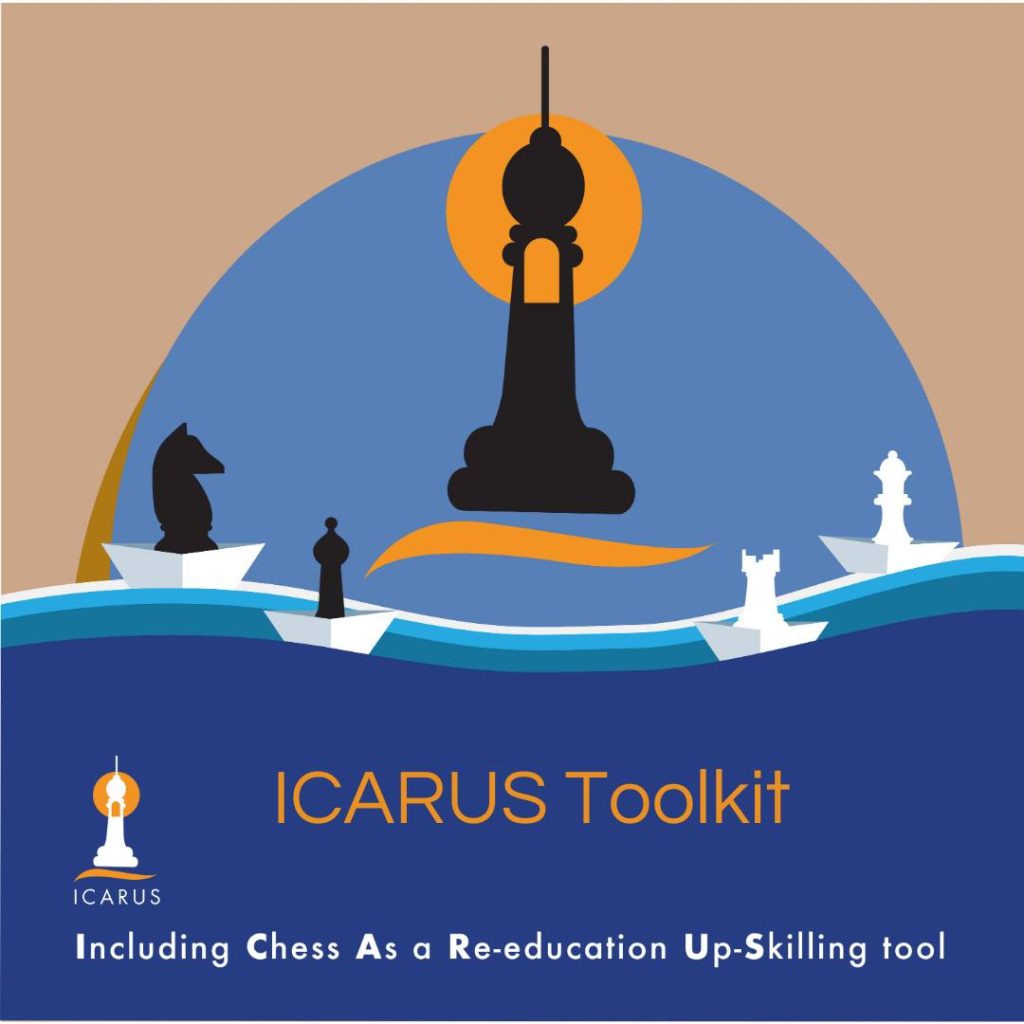The essence of being human is to Care, is to take care of other human beings. The philosopher Heidegger traced a subtle but important diversification within this attitude. ‘To care’ means to provide help by substituting oneself for the needy subject, bypassing him or, in extreme cases, even mortifying him by making him perceive the imbalance in the relationship. ‘To care’, on the other hand, is that way of doing things whereby the person providing help identifies with the person in difficulty, listens to him, supports him and encourages him with the aim of making the person himself capable of finding the resources to solve his problems. The vision shared by all those who collaborated in the realisation of the Erasmus+ Icarus Project (Including Chess As a Re-education Up-Skilling tool N. 2023-1-IT02-KA220-ADU-000152409) is based precisely on caring, on the desire, that is, to stimulate people in temporary difficulty to find new paths to autonomy. This idea of caring was the conceptual and value basis on which three training agencies, Skill Up (Italy), INDEPCIE (Spain) and Jelgavas Tehnicum (Latvia) together with three chess associations, UniChess (Italy), Club Magic (Spain) and LSF (Latvia), partnered in the project, pooled their expertise to design and test a Self-Development Toolkit inspired by the game of chess within prisons.
Upon entering prison, the inmate is deprived of his or her self, of the power to be, of his or her being: he or she is a person whose past has obscured the future. After a long period of imprisonment, there is a decrease in the frequency of communicative acts (verbal and non-verbal) due to the processes of depersonalisation (I am no longer a person) and deconstruction of the self (I no longer know who I am).
Playing chess in prison is a non-formal training practice that serves to decode the behaviours enacted during the game and use them to acquire a greater awareness of one’s emotions, stimulating reflection and developing more mature and conscious relationships with the Other. Furthermore, play allows one to overcome barriers related to language, age and social and cultural differences. The design of the Toolkit therefore took into account some crucial factors, such as cultural, linguistic or age differences that can be found within a prison. All the modules designed are therefore cross-cultural, easily understandable, with simple rules and few physical devices.
Each activity proposed by each training module is to be considered as an intervention for the empowerment of transversal skills through the synergy between two worlds: that of chess and that of training. The game of chess is a metaphor and at the same time a pragmatic example that supports the search for solutions to improve the prisoner’s personal life.
The training activities are grafted onto the sessions dedicated to learning the game with the aim of stimulating reflection, fostering new points of view, new visions of the inside (understood both as prison and as the person’s interiority) and offering the possibility of rediscovering the positive aspects of the self in order to rethink and redefine one’s social, relational and even professional life outside prison walls. Soft skills in prison often remain silent or are silenced by various behavioural obligations. The different activities included in the modules were designed with ‘soft’ rules precisely to give participants the opportunity to express different identities and attitudes related to different meta-skills such as self-awareness, self-control, mutual respect and sportsmanship, collaborative learning, conflict resolution, cooperation and building bonds of trust.
The final beneficiaries of the Icarus Project Toolkit are not only the inmates but also the trainers and chess players, who have broadened the range of their skills: the trainers know more about the game of chess and will be able to use it as a valuable tool in their future training interventions; the chess players have deepened their knowledge of the different implications of soft skills within the game practice, an awareness that will be useful to them when they teach different targets to play chess.
The helping relationship, the ‘caring’, as pointed out at the beginning of the article, is established the more the relationship is symmetrical, equal. The relationship becomes authentic when there is an exchange, not when the modality of ‘it is I who give you’ dominates, but when the dimension of ‘I make sure that you…’, ‘I help you so that you can find the solution to your problem/discomfort/’ and, circularly, ‘you, in finding it or improving your state, allow me to improve my skills and my experience’ is configured. The experience of the trainers and chess players in prisons will lead to a twofold effect of having care: having care for the quality of life of the prisoners and having care for the quality of the experience, human and professional, lived by the chess players and trainers together with and thanks to the prisoners.




